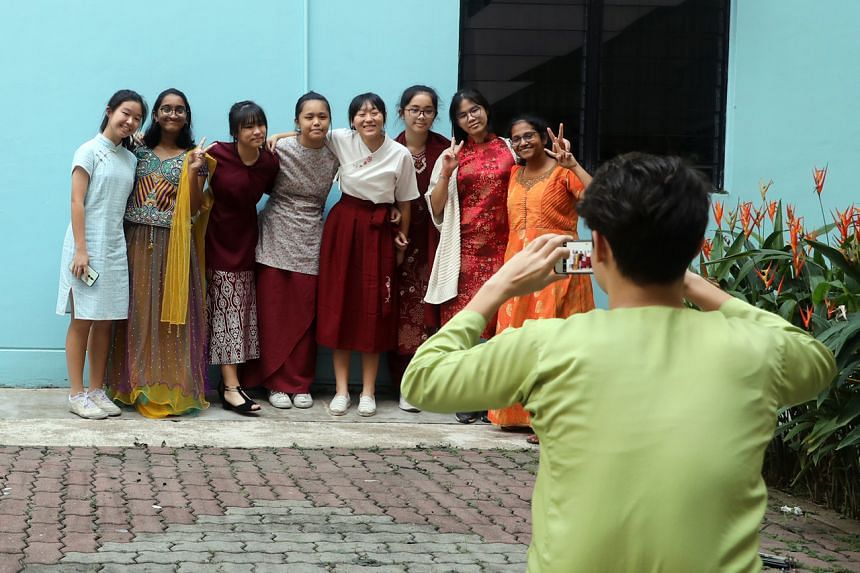Race classifications, data and self-help groups still relevant: ST webinar panellists
Sign up now: Get ST's newsletters delivered to your inbox

Removing racial classifications or ethnic self-help groups does not remove the fact that there are differences across races in Singapore, said Minister for Culture, Community and Youth Edwin Tong.
PHOTO: ST FILE
Yuen Sin
Follow topic:
SINGAPORE - The collection of race-based data can risk perpetuating certain stereotypes and to get around this, such data needs to be put in context along with other data, said Nominated MP Shahira Abdullah.
Speaking at The Straits Times webinar on race on Wednesday (July 14), she cited the example of a new workgroup set up earlier this year to improve the health of minority ethnic groups.
Dr Shahira, an associate consultant and orthodontist at Khoo Teck Puat Hospital and a former vice-president of Mendaki Club, said that it is important to contextualise such race-based data. For instance, by looking at other factors, such as education levels or socio-economic status, that may also explain why a particular ethnic group may have poorer health outcomes.
"I think we are afraid that if we collect data according to race, you would end up perpetuating certain stereotypes... that's a real worry," she said.
"It's still relevant to have this kind of model, but (it is important to) always have more data to support it and to contextualise whatever data you have."
Dr Shahira, who is also a member of the National Youth Council, was discussing the relevance of race-based classifications and groups, in response to a viewer who had asked if ethnic self-help groups were still relevant given that they may perpetuate polarisation between different races and reinforce separate racial identities.
The role of such groups has been called into question in the past, and has come under scrutiny again of late as people discuss the issues of race and racial discrimination in Singapore.
Minister for Culture, Community and Youth Edwin Tong, a panellist at the webinar, said removing racial classifications or ethnic self-help groups does not remove the fact that there are differences across races in Singapore.
Far from polarising society, the use of race-based classifications and the existence of self-help groups can also give the authorities a better sense of relative outcomes and performances so as to better channel resources, Mr Tong added.
He also stressed that the self-help groups help all segments of society, and are not limited to helping only specific races.
There are four race-based self-help groups in Singapore: the Chinese Development Assistance Council, Yayasan Mendaki, the Singapore Indian Development Association, and the Eurasian Association.
In a similar vein, said Mr Tong, race-based policies like the Ethnic Integration Policy - which sets quotas for flats owned by each racial group in a block or precinct - also seek to bring communities together.
Without the policy, racial enclaves could develop and that would push people further apart, he said.
Another panellist, Tamil Murasu news editor and digital editor Tamilavel, said Singapore can aspire to reach a stage where such self-help groups are no longer required.
But for now, such self-help groups do have a better understanding of the differences and nuances of each ethnic group, and can better help address problems, he added.
"The Indian community itself is... not very homogeneous. It's very diverse... I think it's necessary (to have self-help groups) but we can aspire to move forward," he said.
Dr Shahira, meanwhile, said that self-help groups exist to help all segments of society, and do not just focus on one race. For example, the Mendaki Club's initiatives serve not just the Malay/Muslim community, but also the wider community, she added.
"A lot of what we do is for the wider community," she said. "That's something we always drill into everyone, (that) you don't live alone, you live with everyone, with other races, other religions... you need to think about other people other than your own community."

